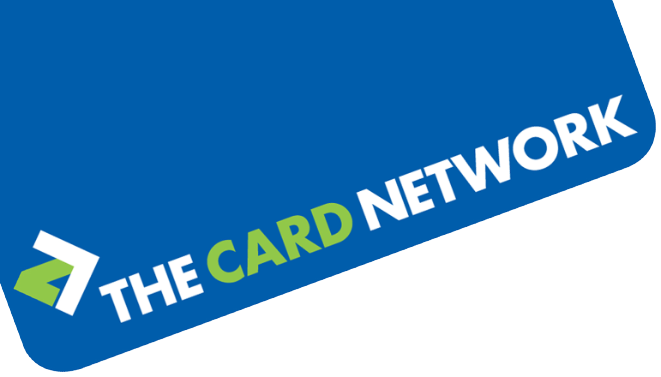
HID 4045 EntryProx™ Reader
Specifications
Identification Method:
Proximity
Operating Range:
100mm
Warranty:
1 Year
Downloads
HID EntryProx™ Reader.
HID EntryProx™ Reader is a 125 kHz stand-alone proximity reader that is compatible with all HID cards and tags.
A weatherproof, vandal-resistant design, the HID EntryProx™ Reader is extremely versatile, making it ideal for indoor or outdoor mounting.
Programmed to order, purchase the HID EntryProx™ Reader regularly and we'll be in touch to understand your requirements and gather the details to generate full part number and programming details.
Identification Method:
Proximity
Operating Range:
100mm
Host Interface:
Wiegand
Transmit Frequency:
125 kHz
Dimensions:
5.25in x 2.75in x 1.6in
Warranty:
Lifetime
- A custom programmed HID EntryProx™ Reader
HID Common FAQs
Get answers to common questions about the HID range.
Are all HID products custom programmed?
Yes. We will need your specific system programming information in order to complete your order and provide the correct cards, fobs, or reader.
What information do I need to provide?
What is the ordering process?
Simply select the quantity you require and check out as normal. As soon as we receive your order we’ll be in touch to gather the necessary details from you to generate the full part number and programming details.
I don’t know my programming details, what should I do?
If you have an existing box of cards or fobs, or still have the box for your reader, have a look for a label on the side or the back. This will contain a series of numbers and letters. It may be easier to take a photograph of the label and send us this.
If you don’t have a box, look to see if there’s any information on the reader on the wall.
Failing that, you can send us one of your existing cards and we can forward this onto HID for confirmation of your programming details.
Can I print on my HID cards using my own card printer?
All blank access cards can be personalised using an ID Card Printer.
We recommend a retransfer printer to ensure there is no damage to the chip, however it is also possible to run them through a direct-to-card printer if you avoid printing on the raised chip area of the card.






